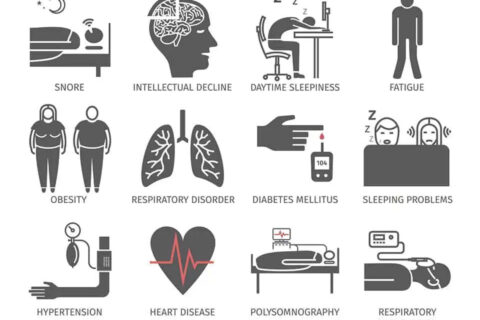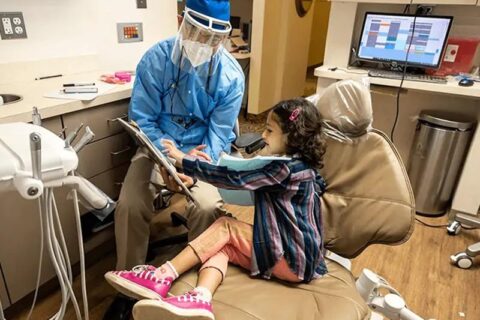Nasal Breathing vs Mouth Breathing

Human beings can either breathe through their noses or mouths (sometimes a bit of both). While both nasal and oral breathing performs the basic task of getting air into your lungs, each breathing type is not created equal. There are important distinctions between breathing through your nose and breathing through your mouth that you need to be aware of.
Nasal Breathing
Nasal breathing is the optimal airway delivery method for human beings, as breathing through the nose is efficient and ideal given the structures of our faces and airways. By breathing through your nose, you can effectively:
- Filter harmful particles out of the airway, as nasal hairs block dust, allergens, pollen, and other debris from entering the lungs.
- Add moisture to the air you breathe, as noses warm and moisturize breathed-in air, which makes the air easier for the lungs to process.
- Produce nitric oxide, as the nose releases nitric oxide when breathing. Nitric oxide is a vasodilator, which widens the blood vessels and helps oxygen move through the circulatory system.
Oral Breathing
Oral breathing lacks many of the more efficient features that nasal breathing presents. Mouth breathing has its advantages in some situations, such as those when the nasal passageway is blocked, but it’s not the ideal breathing method.
The effects of breathing through the mouth include (or may include in some cases):
- Allergies
- Gum inflammation
- Tooth decay
- Halitosis (bad breath)
- Asthma
- Abnormalities of the teeth/jaw
- Snoring
- How to Correct Your Breathing
If you find that you breathe out of your mouth more often than you do out of your nose, there are a few exercises you can try in order to correct your breathing.
On one hand, you can try alternately breathing out of one nostril at a time. This is done by closing off one nostril by pressing a finger or thumb against it, breathing in, switching nostrils, breathing out, breathing in, then switching again.
Diaphragmatic breathing is also worth trying, as it teaches practitioners to breathe deeply and slowly into the abdomen.
Finally, if you’re concerned about oral breathing, it may be a good idea to book an appointment with your dentist. Doing so will provide you with an in-depth analysis of your breathing patterns as well as possible corrective measures you can take from there.


